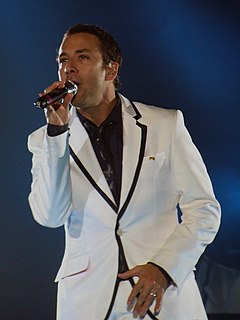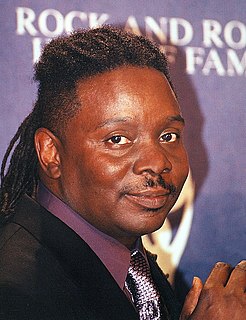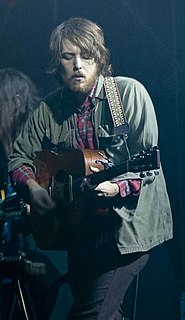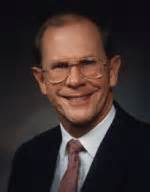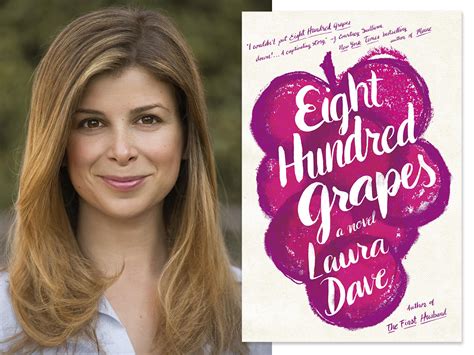A Quote by Henry Ward Beecher
Home should be an oratorio of the memory, singing to all our after life melodies and harmonies of old-remembered joy.
Related Quotes
Many people think of me as just a riff guitarist, but I think of myself in broader terms. As a musician I think my greatest achievement has been to create unexpected melodies and harmonies within a rock and roll framework. And as a producer I would like to be remembered as someone who was able to sustain a band of unquestionable individual talent, and push it to the forefront during its working career. I think I really captured the best of our output, growth, change and maturity on tape - the multifaceted gem that is Led Zeppelin.
I came home one day from school after being chased by kids singing “Yellow Submarine”, and I didn't understand why. It just seemed surreal: why are they singing that song to me? I came home and I freaked out on my dad: 'Why didn't you tell me you were in The Beatles?' And he said, 'Oh, sorry. Probably should have told you that.'
So much of our early gladness vanishes utterly from our memory: we can never recall the joy with which we laid our heads on our mother's bosom or rode on our father's back in childhood; doubtless that joy is wrought up into our nature, as the sunlight of long-past mornings is wrought up in the soft mellowness of the apricot; but it is gone forever from our imagination, and we can only believe in the joy of childhood.
Other relaxations are peculiar to certain times, places and stages of life, but the study of letters is the nourishment of our youth, and the joy of our old age. They throw an additional splendor on prosperity, and are the resource and consolation of adversity; they delight at home, and are no embarrassment abroad; in short, they are company to us at night, our fellow travelers on a journey, and attendants in our rural recesses.
I remembered some people who lived across the street from our home as we were being taken away. When I was a teenager, I had many after-dinner conversations with my father about our internment. He told me that after we were taken away, they came to our house and took everything. We were literally stripped clean.







